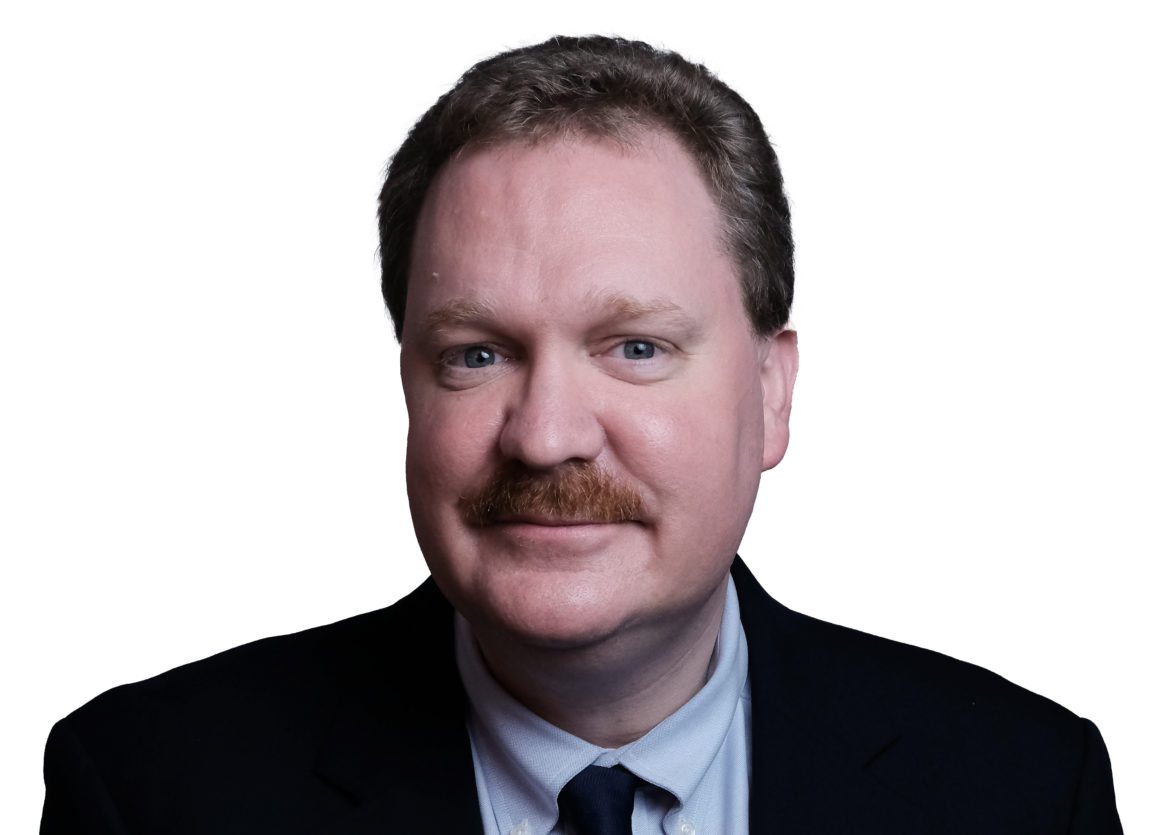Written by Michael Claxton
Surely the greatest joy of teaching is the chance to work with — and learn from — young people. To see them in the prime of energy, creativity and health, and to help them discover their passions. To listen to their dreams, to discuss great books and ideas, to seek truth together. A professor’s resume may be full of publications and conference talks, but our best achievements happen as we share the journeys of our young friends.
Our greatest tragedy, then, is to outlive them. That’s not how it should be. Instead, students should come to our funerals. Sitting in the pews, maybe a little grayer than when they sat in our classes, but still with much of life ahead.
I thought of that as I drove to Nashville at the end of June to say goodbye to Harrison. I wish our current students could have known him. When he graduated in 2015, he had the admiration of the whole campus. We had laughed at his antics onstage. We had marveled at his care for others. We had eagerly heard his stories from growing up on the mission field. We had smiled when he married his soulmate.
And we had stood to applaud when he held the trophy for the best Spring Sing club show of the year. And the decade. “The Show Heard Round the World” was Harrison’s masterpiece. Beautifully costumed, scripted and staged, it was the work of an experienced showman who brought the American Revolution to life. And who drew out the best from a club that had not done a Spring Sing show in 14 years.
Knights may be better known on campus for their spontaneous hi-jinks than their choreography, but all they needed was the right director. To pull off a show that good takes great discipline, but Harrison also reveled in the club’s spur-of-the-moment sense of fun. The weekend of Spring Sing 2014 also happened to be the 239th anniversary of Paul Revere’s ride, so Harrison led his Knights in reenacting that famous moment, marching around campus yelling, “The British are coming!”
It was the same sense of fun we had come to expect. We had seen it when he played the mischievous “Cat in the Hat” onstage. We had seen it in his spot-on impressions of Dr. David Burks and Dr. Jeff Hopper, now retired dean of International Programs. In his eulogy at the funeral, Dr. Andrew Baker recalled witnessing Harrison’s playfulness in Greece when they went to HUG together. Harrison had a gift for making — shall we say — “colorful” noises with his hands, even at such solemn places as the Church of the Holy Sepulcher in Jerusalem.
Of course, Harrison’s fun grew out of love. He loved people. He was an encourager, and a crusader for good. He brought joy wherever he went. As a drama licensure major, he adored children and loved to make them smile.
I had the great pleasure of witnessing Harrison’s clever silliness when we worked together on the Homecoming musical “Pirates!?!” in 2013. In this spoof of Gilbert and Sullivan’s comic opera, director Robin Miller and his team threw in every gag we could think of. When the set designer crafted elegant box seats on the stage to hold the back-up singers, we knew what we needed in the balcony. Two old men to heckle the show.
As the resident expert on the Muppets, it was my job to write jokes for Harrison and David Goble, who dyed their hair gray to copy Statler and Waldorf, the two elderly cynics on the original “Muppet Show.” But a joke is only as good as the delivery, and these wonderful actors nailed it. When Harrison popped into the balcony part-way through the show, he said, “Sorry I’m late. What did I miss?” To which David replied, “Not enough.”
Not enough. Those words haunt me now. Harrison lived an extraordinary life, but it was not long enough.
He married Hayley Smith in 2014. Everyone knew it was a perfect match, but only time would reveal just how perfect. They graduated one year later, and the world was in front of them. Then the accident happened.
Everyone knows the story. Shortly after graduation, a traumatic spinal injury left Harrison paralyzed. When he awoke from a lengthy coma afterwards, he was aware of the world around him, and his mind was as brilliant as ever. But he was trapped in a body that could not move, behind a mouth that could not speak. The revolutionary on the Benson stage was as alive as ever, but horribly stilled. Imagine the torture.
That’s when the miracle happened. Harrison did not heal, but he and Hayley soldiered on. Their love and faith grew. Hayley cared for him for seven years, with a gentle faithfulness that moved everyone who saw it. She brought him to church. She spoke at Harding about the challenges they faced and the strength they found. As Hayley’s father-in-law said at the funeral, “At the age of 22, your metal was tested. And oh, how you shined!” Harrison’s eyes lovingly followed Hayley every minute. As he learned to communicate his thoughts, he told her that he spent much of his days talking to God. “Because,” as he said, “He’s the only one who can hear me.”
Their minister saw a pattern in Harrison’s life. At the funeral he said that Harrison was always a sign pointing others to Jesus, both when he was vibrant and when he was disabled. Baker added, “He was a multiplier of mercy, peace and love everywhere he went.” In his brokenness, he made us better, and now, praise God, he is free.
